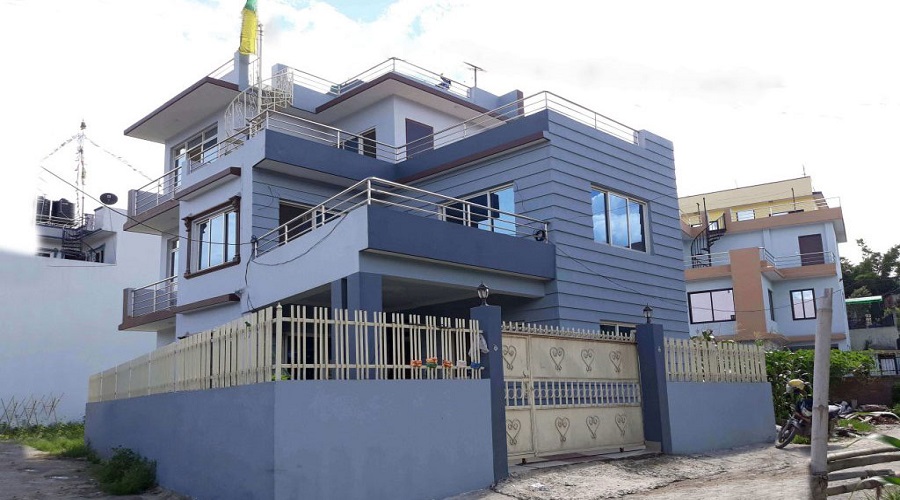KATHMANDU: Real estate transactions in Nepal continued to slump in Bhadra (mid-August to mid-September), following a lackluster performance in Shrawan (mid-July to mid-August). Despite the Nepal Rastra Bank implementing more flexible policies, the real estate sector has shown little improvement.
For the past three years, the real estate market has struggled to gain momentum, with expectations that the current fiscal year would see a recovery. However, the anticipated growth in transactions has yet to materialize.
Currently, the banking system holds approximately NPR 729 billion in liquidity, with the average credit-to-deposit ratio at 78.79% and the interbank interest rate at 3%. Despite these factors, the real estate market has failed to recover as expected.
According to data from the Department of Land Management and Archive, the number of real estate transactions in Bhadra dropped by 25% compared to Shrawan, with only 32,798 deeds registered nationwide. In Bhadra, revenue collected from real estate transactions amounted to NPR 3.09 billion, a slight increase from last year’s NPR 3.04 billion for the same month.
In Shrawan, 43,835 real estate transactions were recorded, while the figure for the previous year’s Shrawan was 39,263. While there has been a modest increase compared to last year, experts caution that it is insufficient to signal a market recovery. In Ashadh (mid-June to mid-July), 46,279 deeds were registered.
Revenue from real estate in Shrawan stood at NPR 3.83 billion, down from NPR 4.61 billion in Ashadh. In comparison, last year’s Shrawan had generated NPR 2.91 billion in revenue from real estate transactions.
“There has been no significant improvement in any month, and the trend has continued,” said Bhesh Raj Lohani, President of the Nepal Land and Housing Developers’ Association. He added that the current situation would make it difficult for the market to recover. “The loan-to-value (LTV) ratio needs to be increased to 70%, as keeping it at 50% creates difficulties,” Lohani emphasized.
Lohani also pointed out that while the LTV ratio may officially be 50%, the market value tends to drop to around 30%, causing further complications. He suggested that reducing the risk weight to 100% could help revitalize the market.
In the fiscal year 2080/81 (2023/24), a total of 541,502 real estate transactions were recorded, compared to 463,322 in the previous fiscal year 2079/80 (2022/23). This marks an increase of 78,180 transactions, representing a 14.43% growth year-on-year.

